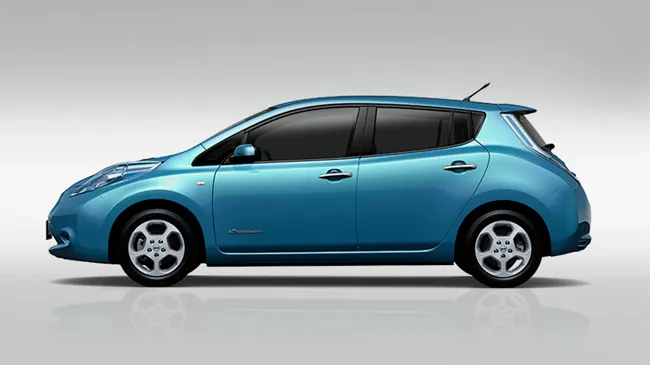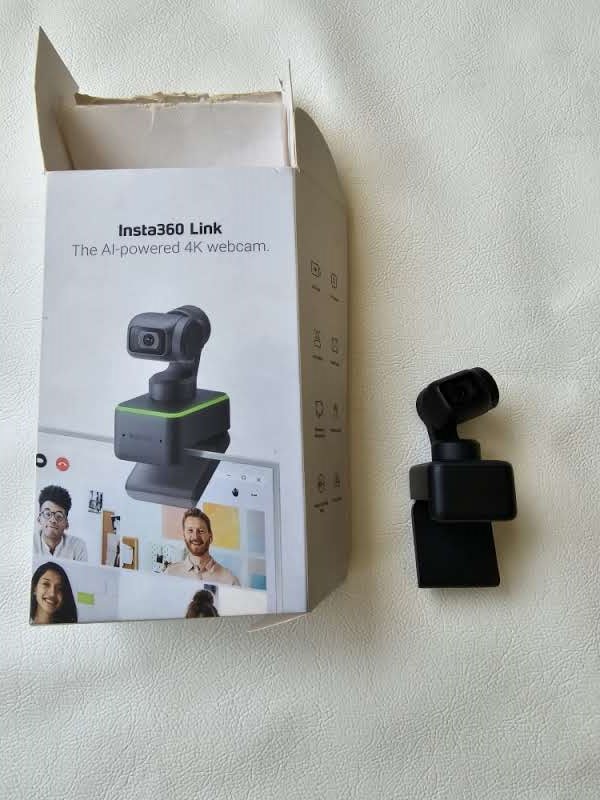In the ever-evolving landscape of electric vehicles (EVs), recent decisions by automotive giant Nissan have cast a spotlight on the delicate balance between innovation, support, and sustainability. As we stand at the crossroads of technological advancements and changing consumer expectations, the fate of legacy electric vehicles comes under scrutiny.
This news blog delves into the implications of Nissan’s recent announcement to discontinue smartphone app support for its first-generation Nissan Leaf vehicles, exploring the intricate intersection between innovation and sustainability within the realm of EVs.
Navigating the Transition:
Owners of early Nissan Leaf models find themselves at a juncture where key functionalities provided by the NissanConnect EV app services are about to be discontinued. Features such as remote climate control and charging schedule management, once integral to the EV ownership experience, are facing an uncertain future. The transition away from app-based convenience introduces challenges that owners must grapple with as they adapt to this new phase.
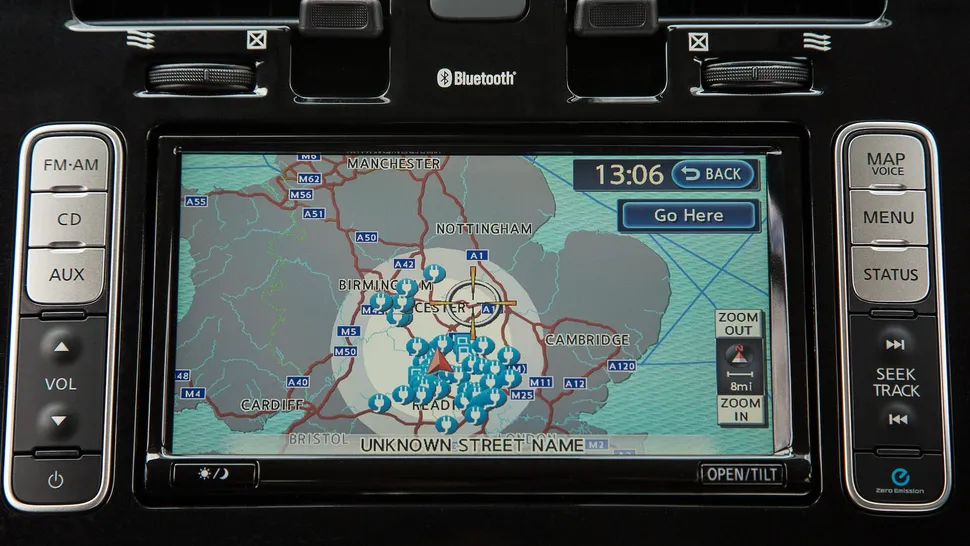
Deciphering the Motive:
Nissan attributes the discontinuation of app support to the phasing out of the UK’s 2G network, citing compatibility issues with aging hardware. However, questions linger about whether this decision is driven by genuine technical constraints or signals a strategic shift in Nissan’s approach to supporting legacy EVs. This debate sheds light on broader concerns surrounding the longevity and supportability of pioneering electric vehicles.
Exploring New Frontiers:
With the impending loss of app support, Nissan Leaf owners are left to explore alternative solutions to maintain essential functionalities. Relying on the vehicle’s built-in navigation system and investing in aftermarket smart charging solutions are among the options on the table. Each alternative comes with its own set of challenges and trade-offs, further emphasizing the complexities of the decision-making process for owners.
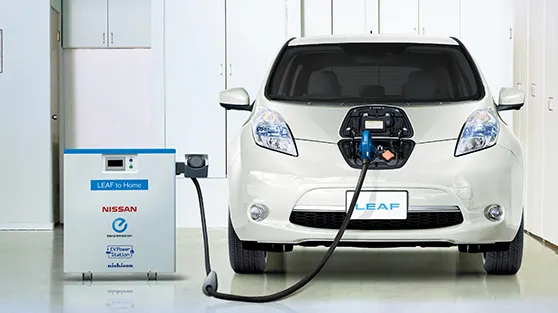
Nissan’s Assurance and Future Prospects:
While Nissan assures owners that key features will remain accessible through the vehicle’s onboard systems, the broader implications of this decision raise important questions. As the automotive landscape continues to evolve, concerns about Nissan’s commitment to its early adopters and the future of its electric vehicle lineup persist, sparking considerable debate and speculation.
Legacy EVs in an Era of Advancement:
The controversy surrounding Nissan’s decision mirrors the broader challenges faced by aging EVs in an era of rapid technological advancement. Electric vehicles are no longer just mechanical marvels; they are transitioning into software-defined platforms. This shift brings forth questions about long-term support, sustainability, and the evolving nature of ownership in the world of electric mobility.
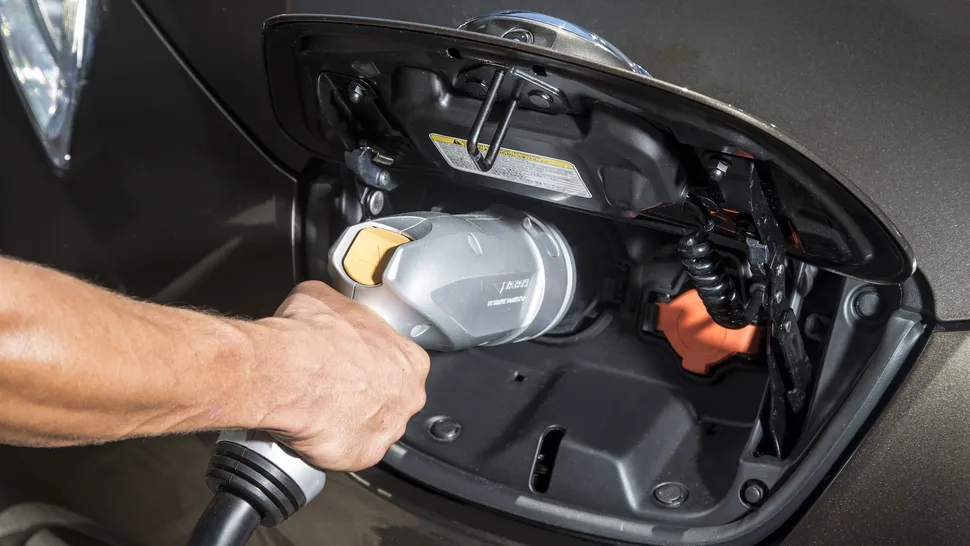
Forging a Collective Path:
As the automotive industry grapples with the intricacies of supporting legacy EVs in a rapidly changing technological landscape, stakeholders must collaborate to chart a path forward. Extended support programs, innovative retrofitting options, and aftermarket solutions emerge as potential avenues. The overarching goal remains clear: to ensure that pioneering electric vehicles continue to deliver value and utility to their owners for years to come.
Conclusion:
Nissan’s decision to discontinue app support for its first-generation Leaf vehicles serves as a pivotal moment in the evolution of electric mobility. It forces us to confront the challenges of technological obsolescence and evolving consumer expectations. As we navigate this uncharted territory, opportunities for innovation and collaboration arise, offering hope for a future where legacy electric vehicles remain cherished assets in the expanding world of sustainable transportation.

